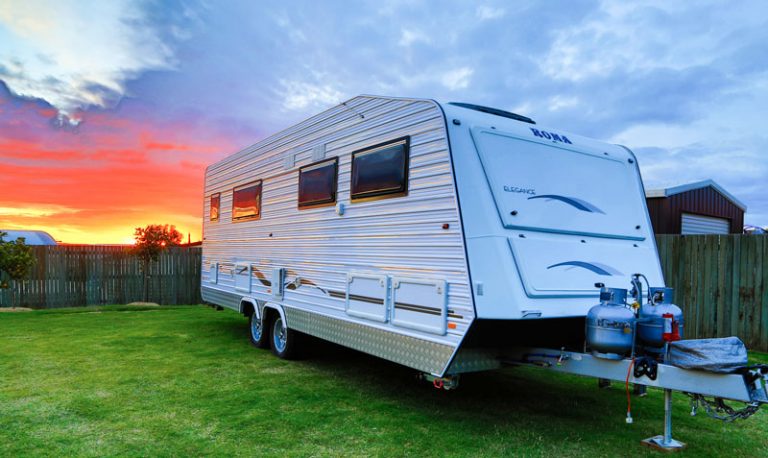Holidays are a great opportunity to immerse yourself with different Australian wildlife. You’ll get to see cute critters like the fairy penguins, koalas, and wombats; as well as large animals like boomers and Southern cassowary. Unfortunately, you may also be in the company of some irritating little bugs and insects, some of which can be harmful to you and your family if you are unprotected.
But don’t let these pests ruin your holiday mood. As long as you know how to avoid insects when on holidays, you’ll enjoy any outdoor adventures with your family.
What Types Of Insects Can You Expect On Your Holidays?
If you plan on spending your holidays near lakes, rainforests, or national parks, you should expect these insects nearby:
Mosquitoes
More than the irritable buzzing sound that they create, these small insects carry saliva that can result in a small rash to deadly infections like malaria and dengue fever. They live in stagnant waters and other wet areas where they breed and multiply.
Ticks
Although they are more known for infesting our beloved pets, they also live in the woods and feed on the blood of other animals. They like places with warm and humid weather. Ticks can transmit infectious bacteria and viruses, which can cause typhus, encephalitis, fever, paralysis and many other tick-borne diseases.
Ants
Their bites are not as dangerous as other insects. Nevertheless, they still sting and cause blisters and swollen skin, especially fire ants. They can be anywhere so be extra mindful where you sit and what hold on to.
Chiggers
Also called berry bugs or red bugs, chiggers live in forests, grasslands, parks, and even golf courses. They multiply during summer when vegetation is abundant. It’s hard to see them and you’ll only know their presence when you feel small bites on your exposed skin.
Sandflies
Just like ticks and mosquitoes, sandflies (or no-see-ums) are blood-sucking insects. Sandfly bites may spoil your enjoyment, as they can cause swelling and itchiness that can last for a week. They live in aquatic and mountainous dwellings.
Bees and Wasps
Beware of disturbing these stinging insects when bushwalking on your holiday because they can be aggressive. These include bees, hornets, wasps and yellow jackets. They inject venom through their stingers that may cause severe to deadly allergic reaction to some people.
How To Avoid Insects
There are steps that you can take to prevent harm from these insects during your trips. The key is to be aware of their presence and be cautious when you’re out there with your family.
Wear Proper Outdoor Clothing
Avoiding direct contact with any bugs or insects is your priority. You can do so by wearing appropriate outdoor clothing that will cover most of your body parts. Put on long-sleeved shirts and pants, this may seem undesirable in warmer conditions, so make sure you bring plenty of water. Remember that mosquitoes are attracted to dark colours so make sure to wear light coloured garments. Light coloured clothes will also make it easier for you to spot insects already on you.
Apply Insect Repellent
When insect repellent is applied, it discourages bugs and insects to touch your skin or clothes and help send them away. However, you must follow the manufacturers’ directions when using these products because excessive use may cause health risks.
Light Some Coils & Candles
Mosquito coils and candles contain chemicals that when burned, produces smoke that wards off insects and bugs. Choose the products that use essential oils because they don’t have negative side effects. Again, be careful when using these types of product and follow instructions accordingly.
Stay Away From Insect Dwellings
If you are hiking or bushwalking, avoid places that are known to be habitats of bugs and insects. Some of these places include high grasses or bushes, still waters, and other moist areas. Always walk within the trail to avoid crossing paths with these insect dwellings, as well as ant hills, beehives, and wasp nests.
Zip Up The Tents
Insects may also invade your sleeping areas and disturb your night sleep. Don’t let that happen. Secure your rooms, tents, or caravans at all times so these insects won’t have the chance of entering.
Store Your Food Properly
Proper food storage is one way to keep insects at bay. When foods are left in the open, their scent attracts bugs and insects. Prevent this by keeping your food in sealed containers and disposing of the leftovers right away. Also, don’t store any food inside your tent or sleeping areas.
Bring First-Aid Kit
It may not help you avoid insects during your trips but it will certainly be useful when someone gets bitten or stung. Bring hydrocortisone cream or ointment to reduce swelling and calamine lotion to fight itchiness. Storing ice cubes or cold water is also a good idea to help ease pain and swelling.
You may also like: Wildlife Encounters While Camping In Australia
When you go on holidays, what you want to remember are the scenic views, awesome landscapes, and friendly wildlife encounters. Not some painful bites and swollen skins. So, as you pack your rucksacks, remember these tips for avoiding insects and you will surely have a lovely holiday.
Need a new caravan to keep out the insects while on holidays? Let Aussie Leisure Loans help you with finance and make that family holiday a reality. Call today on 1300 889 669 or apply online.





